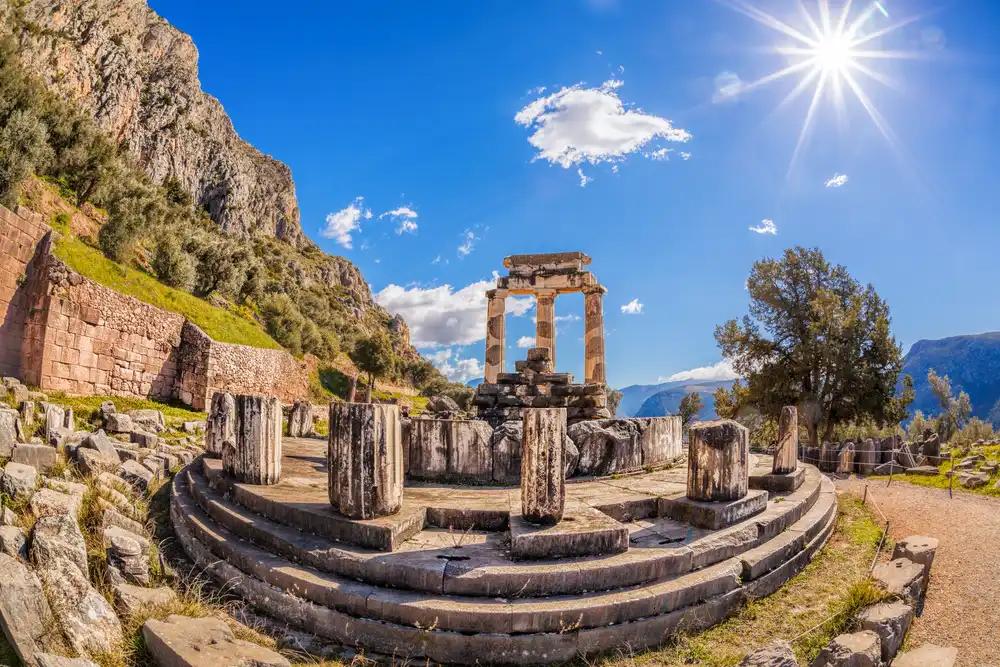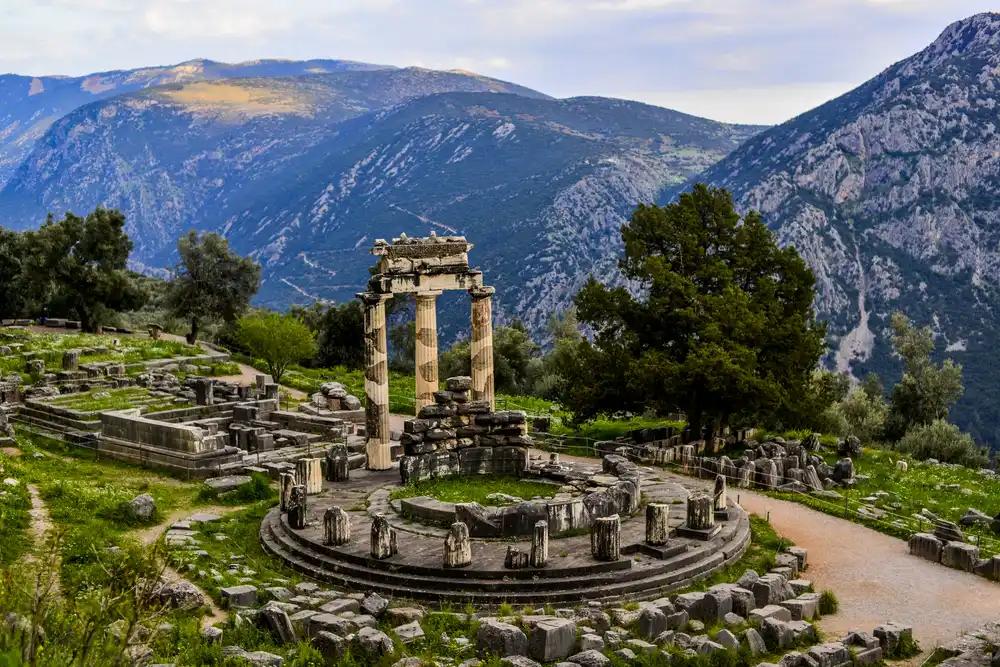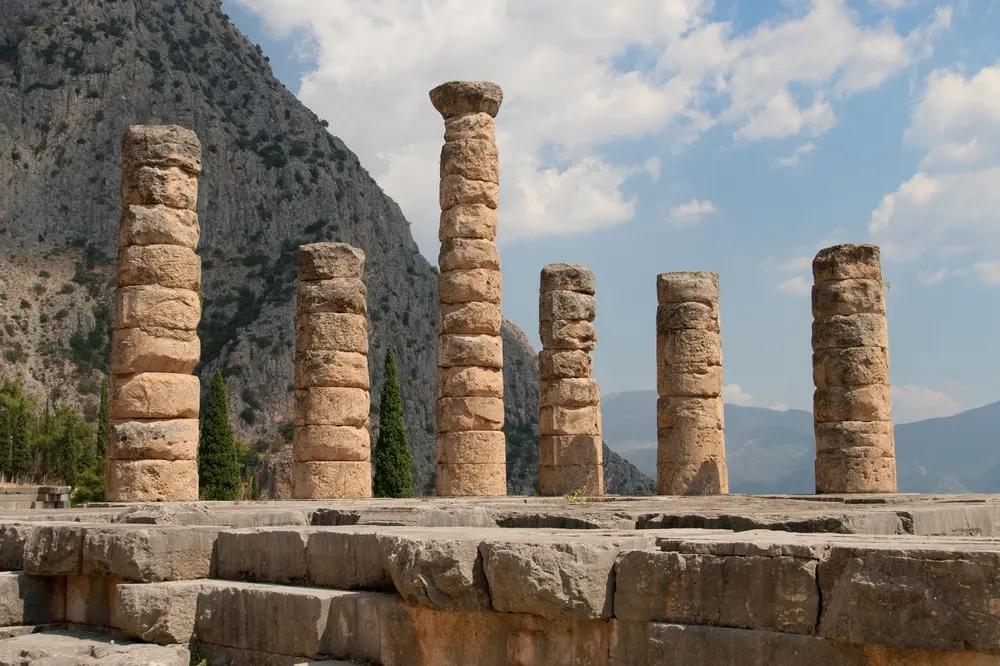
Delphi
Delphi, a small town located in the slopes of Mount Parnassus in central Greece, is a place of immense historical and cultural significance. Once considered the center of the ancient Greek world, Delphi has long been shrouded in mystery and intrigue, captivating the imagination of travelers, historians, and archaeologists alike. In this comprehensive guide, we will delve into the remarkable history, stunning architecture, and mythological allure of this remarkable site, providing you with an insider's perspective on how to fully immerse yourself in the grandeur of Delphi.
Historical Significance of Delphi
Delphi holds significant historical importance primarily due to its role as the seat of the Delphic Oracle in ancient Greece. Here are some key aspects of its historical significance:
1. Oracle of Delphi:
Delphi was home to the Oracle of Delphi, the most prestigious oracle in ancient Greece. People from all over the Mediterranean sought advice and prophecies from the Oracle, who was believed to communicate directly with the god Apollo. The Oracle's pronouncements influenced major decisions in politics, warfare, and personal matters, making Delphi a religious and political center of immense importance.
2. Pan-Hellenic Sanctuary:
Delphi was considered a pan-Hellenic sanctuary, meaning it was respected and visited by people from all Greek city-states and beyond. This contributed to its status as a place of common Greek heritage and identity.
3. Pythian Games:
Every four years, Delphi hosted the Pythian Games, one of the four Panhellenic Games of ancient Greece. These games included athletic, musical, and artistic competitions, drawing competitors and spectators from across the Greek world.
4. Cultural Influence:
Delphi was not just a religious center but also a cultural hub. It housed numerous monuments, treasuries (buildings used to house offerings to the gods), and statues dedicated by various Greek city-states and rulers. The architectural and artistic achievements at Delphi reflected the cultural and artistic currents of ancient Greece.
5. Political Influence:
The pronouncements of the Oracle often had significant political repercussions. Leaders and states consulted the Oracle before making decisions on matters of war, alliances, colonization, and internal politics. The Oracle's influence could sway the course of events in ancient Greece.
6. Archaeological Significance:
Delphi is now an archaeological site of immense importance, where excavations have uncovered numerous ancient remains and artifacts. These discoveries have provided valuable insights into ancient Greek religious practices, art, architecture, and daily life.

The Temple of Apollo
At the heart of Delphi's sacred precinct stands the Temple of Apollo, a magnificent structure that was the focal point of the site's religious activities. Constructed in the 6th century BCE, the temple was a marvel of ancient Greek architecture, featuring a Doric-style colonnade and intricate sculptural decorations. Over the centuries, the temple underwent numerous renovations and expansions, reflecting the changing religious and political landscape of the region. Today, the temple's impressive ruins stand as a testament to the enduring legacy of Delphi and its central role in the ancient Greek world.

The Delphic Tholos
One of the most iconic structures within the Delphi archaeological site is the Delphic Tholos, a circular building with a distinctive domed roof that was constructed in the 4th century BCE. The purpose of the Tholos is still a subject of debate among scholars, with some suggesting it may have served as a treasury, a temple, or a meeting hall for the Delphic Amphictyony, a religious and political league that governed the sanctuary. Regardless of its precise function, the Tholos remains a striking and enigmatic feature of the Delphi landscape.

